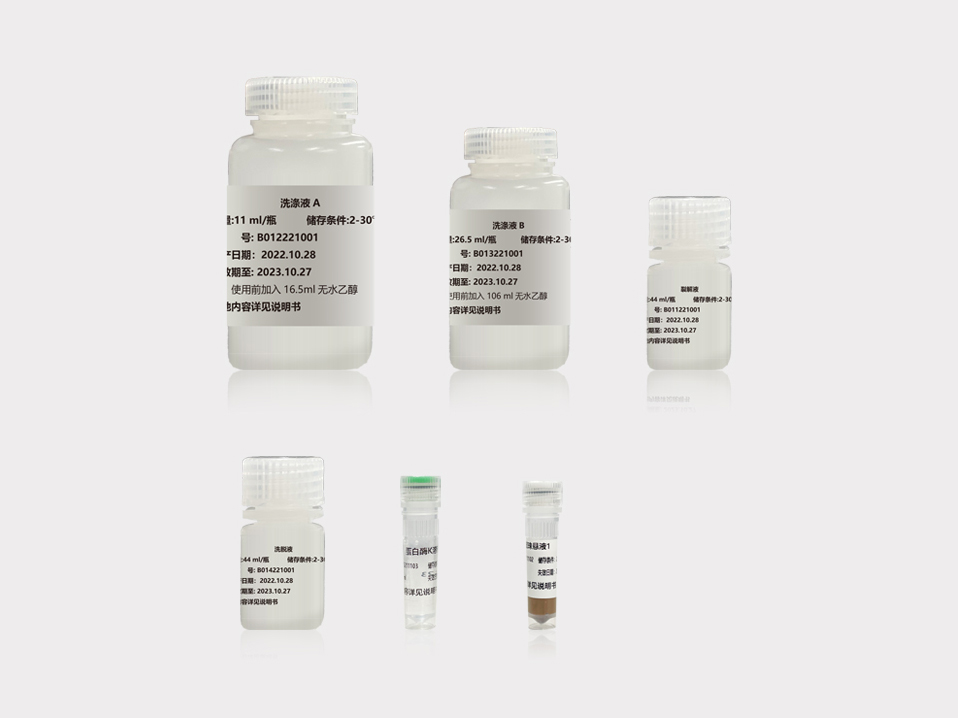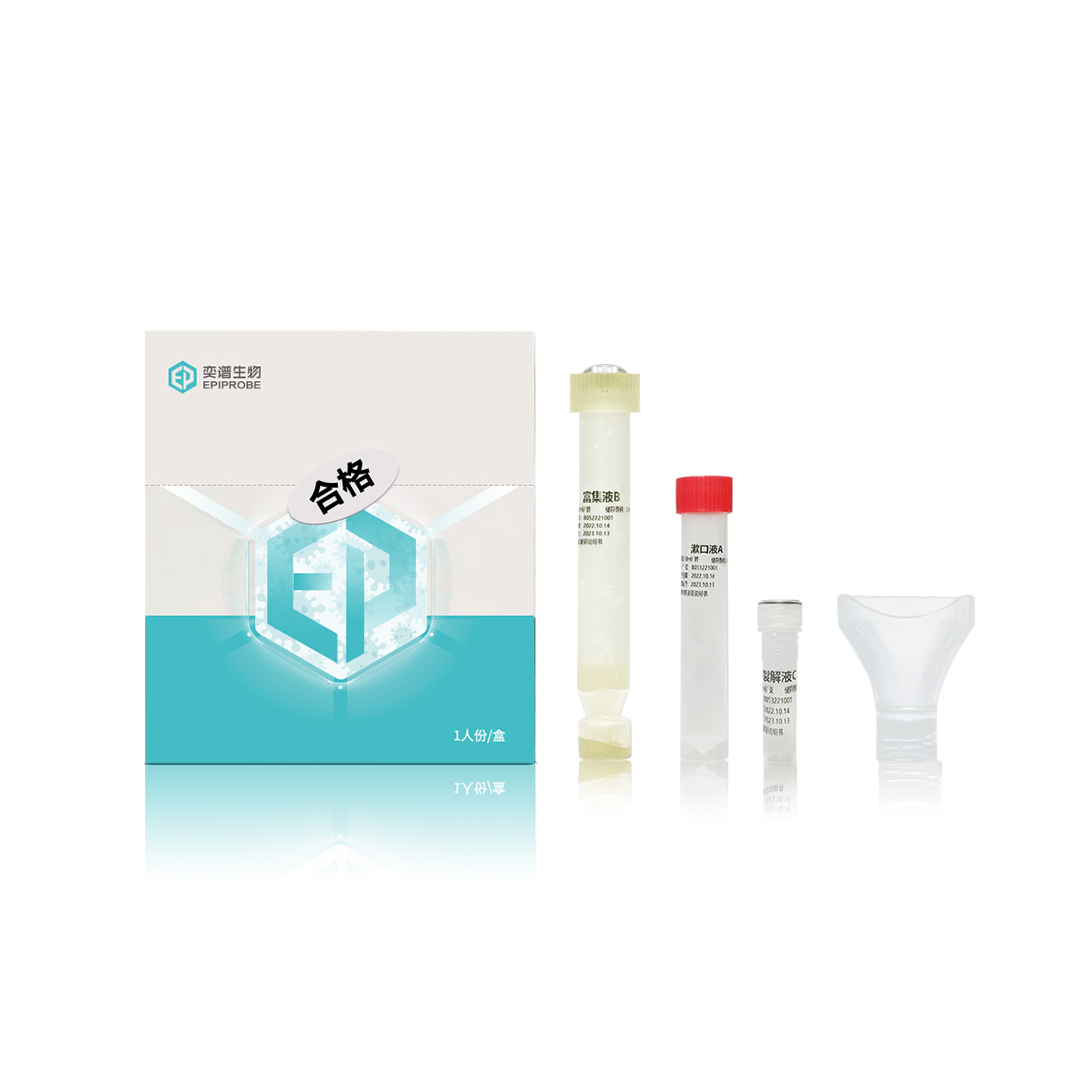We use cookies to enhance your experience. By continuing to browse this site you agree to our use of cookies. More info.
By clicking "Allow All" you agree to the storing of cookies on your device to enhance site navigation, analyse site usage and support us in providing free open access scientific content. More info. Molecular Diagnosis Of Human Disease

In a recent Scientific Reports study, scientists conducted a meta-analysis to examine the role of human papillomavirus (HPV) in prostate carcinogenesis.
Study: Human papillomavirus and prostate cancer: Systematic review and meta-analysis. Image Credit: Corona Borealis Studio / Shutterstock.com
Prostate cancer is a significant health problem and the fifth leading cause of death in men worldwide. The prevalence of prostate cancer varies across different regions, with the highest prevalence reported in Northern and Western Europe, North America, South Africa, Australia/New Zealand, and the Caribbean, whereas the lowest incidence of prostate cancer has been recorded in Asia and North Africa. This variability in the incidence rate of prostate cancer has been attributed to different socioeconomic status and health policies of other countries.
Some risk factors associated with prostate cancer include age, genetic predisposition, and family history. Previously, researchers have reported that HOXB13 mutation increases the risk of prostate cancer. Other genes associated with prostate cancer include BRCA1, BRCA2, and the MSH2 gene.
Ethnicity also plays a prominent role in the manifestation of prostate cancer. Compared to Asian men, for example, black men in the United States and the Caribbean have the highest rate of prostate cancer.
About 15% of all human cancers are associated with viruses. Some viruses can modify the behavior of tumor cells by blocking apoptosis pathways, triggering angiogenesis, inhibiting tumor suppressor signaling, and promoting metastasis.
Although HPV is associated with cervical cancer in women, it does not appear to increase the risk of ovarian and endometrial cancer.
A previous study has indicated that HPV infection influences prostate cancer pathogenesis. Likewise, genetic and clinical studies have indicated a potentially causal relationship between HPV and prostate cancer.
This observation was based on identifying HPV-associated koilocytes in prostate cancer samples. A higher expression of HPV E7 oncoproteins was also found in benign prostate tissues compared to advanced prostate cancer.
Nevertheless, some studies have contradicted the idea of HPV being associated with the incidence of prostate cancer. Thus, the exact role of HPV in prostate cancer incidence is unclear.
The current meta-analysis obtained all relevant studies from publicly available bibliometric databases, including Embase, PubMed, Medline, and Scopus, from their inception to August 21, 2022. The study considered research with morphologically confirmed prostate cancer diagnosis and HPV presence by polymerase chain reaction (PCR) assay.
The initial search resulted in a total of 271 articles. After removing duplicates and considering all eligibility criteria, 27 case-control studies were considered.
These studies included analyses of 1,607 prostate tumor tissue samples and 1,443 control samples. The tumor prostrate sample was considered the study sample, whereas normal prostate and benign prostatic hyperplasia (BPH) tissues were considered the control.
The link between the risk of prostate cancer and HPV infection is significant when normal prostate tissue is considered the control. Comparatively, when BPH was considered a control, this association was not statistically significant. This finding revealed that the type of control tissue impacts the association between HPV infection and prostate cancer risk.
In 1990, the presence of HPV types 16 and 18 was first detected in prostate cancer tissues. This study highlighted that normal prostate tissue or BPH as a control impacted the study outcome.
BPH samples have a quantitative advantage compared to normal tissue, as HPV detection frequency in BPH is higher. Therefore, no significant association between HPV infection and BPH was found in these studies.
HPV infection is a "hit and run" phenomenon, in which a complete or incomplete viral genome is detected only in the early stage of prostate cancer. It becomes undetectable in the later stage of cancer. High-risk HPV types 16 and 18 are commonly present in BPH tissues for one to 10 years before developing HPV-positive prostate cancer.
In addition to detecting the presence of HPV, it is important to determine the physical status of the HPV genome in HPV-positive samples. During carcinogenesis, HPV DNA is present in an integrated form characterized by overexpression of E6 and E7 genes. HPV infection could also aid in increasing the resistance to apoptosis in human prostate tumor cells.
The current study indicated that HPV infection increases men's prostate cancer risk. In the future, more research is needed to elucidate the precise role of HPV in the development of prostate cancer, in which normal prostate tissues, rather than BPH samples, serve as control.
Posted in: Men's Health News | Medical Research News | Medical Condition News
Tags: Angiogenesis, Apoptosis, Assay, Benign Prostatic Hyperplasia, Cancer, Cancer Diagnosis, Carcinogenesis, Cervical Cancer, DNA, Endometrial Cancer, Epidemiology, Frequency, Gene, Genes, Genetic, Genome, Hyperplasia, Metastasis, Mutation, Polymerase, Polymerase Chain Reaction, Prostate, Prostate Cancer, Research, Tumor
Priyom holds a Ph.D. in Plant Biology and Biotechnology from the University of Madras, India. She is an active researcher and an experienced science writer. Priyom has also co-authored several original research articles that have been published in reputed peer-reviewed journals. She is also an avid reader and an amateur photographer.
Please use one of the following formats to cite this article in your essay, paper or report:
Bose, Priyom. (2023, October 08). Is HPV infection a hidden risk factor for prostate cancer?. News-Medical. Retrieved on November 01, 2023 from https://www.news-medical.net/news/20231008/Is-HPV-infection-a-hidden-risk-factor-for-prostate-cancer.aspx.
Bose, Priyom. "Is HPV infection a hidden risk factor for prostate cancer?". News-Medical. 01 November 2023. <https://www.news-medical.net/news/20231008/Is-HPV-infection-a-hidden-risk-factor-for-prostate-cancer.aspx>.
Bose, Priyom. "Is HPV infection a hidden risk factor for prostate cancer?". News-Medical. https://www.news-medical.net/news/20231008/Is-HPV-infection-a-hidden-risk-factor-for-prostate-cancer.aspx. (accessed November 01, 2023).
Bose, Priyom. 2023. Is HPV infection a hidden risk factor for prostate cancer?. News-Medical, viewed 01 November 2023, https://www.news-medical.net/news/20231008/Is-HPV-infection-a-hidden-risk-factor-for-prostate-cancer.aspx.
In this interview, News Medical talks to DeNovix about the best way to prepare nuclei samples before single cell sequencing workflows and optimize nuclei extraction.
In this interview, Jordi Carreras delves into the fascinating world of Cell Painting, a powerful technology gaining momentum in drug discovery. He shares insights into his groundbreaking research, the unique aspects of Phenaros' drug discovery platform, and the synergy between academia and industry.
In the latest episode of the OMG Omx podcast, Bruker's Kate Stumpo talks to Nikolai Slavov about the incredible potential of mass spectrometry proteomics in biomedical research.
News-Medical.Net provides this medical information service in accordance with these terms and conditions. Please note that medical information found on this website is designed to support, not to replace the relationship between patient and physician/doctor and the medical advice they may provide.
News-Medical.net - An AZoNetwork Site

Molecular Diagnostics In Clinical Oncology Owned and operated by AZoNetwork, © 2000-2023